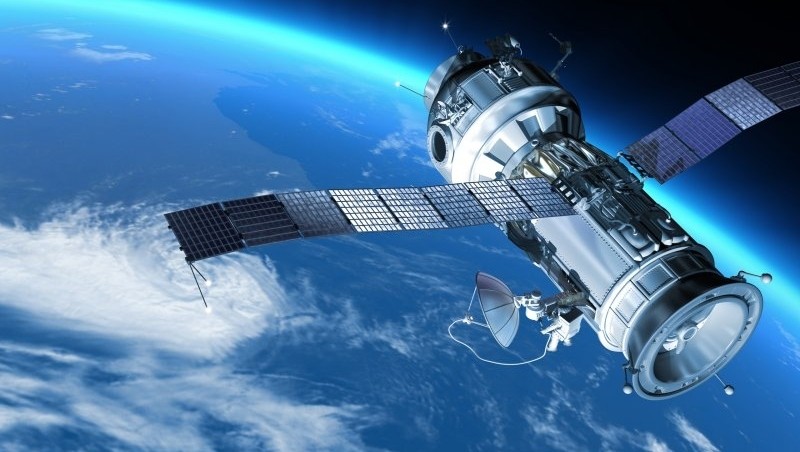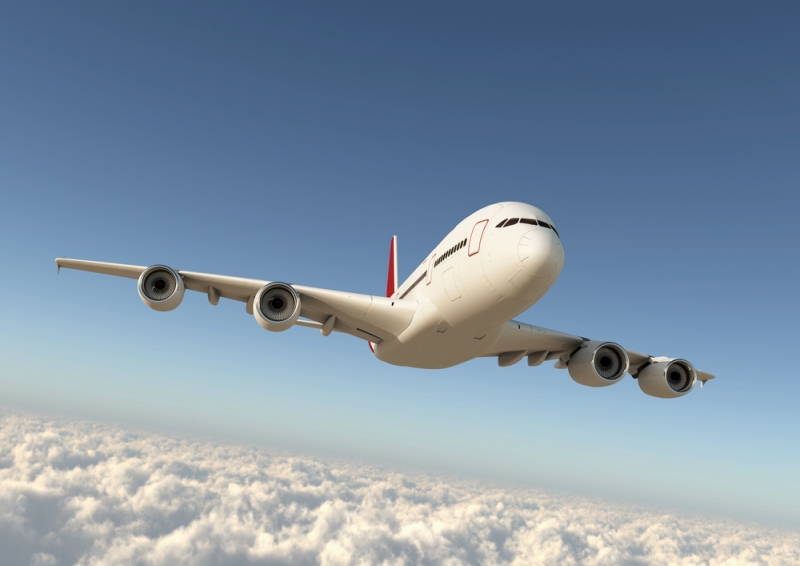Technological advancements over the years have made airline travel safer and more convenient than ever. Unfortunately, things like mechanical failures and intentional acts of terrorism are still a very real concern in this day and age.
For loved ones that have lost friends or family members as a result of a downed aircraft, the realization that nothing can change what happened can be overwhelming. Factor in the possibility of not knowing what caused a crash or even where a jet went down and you've got the worst possible scenario
Aireon LLC and FlightAware, two US-based firms in the airline industry, hope to ensure the location of wreckage from flights like Malaysia Airlines MH370 don't remain a mystery.

As Reuters reports, traditional methods involve planes sending tracking signals to ground-based stations. That's a problem when flying over the ocean or a desert as there are no stations within range. The company's upcoming solution, GlobalBeacon, will instead utilize satellites to receive tracking signals from planes.
While a satellite-based tracking system would make it much easier to locate a missing plane, investigators still may not be able to determine why the aircraft went down if they couldn't locate its "black box" flight recorder.
What would be abundantly more helpful in my opinion would be security cameras that stream what's going on inside a plane at all times. Again, this wouldn't prevent a crash but it could help to provide closure and save search and rescue crews a lot of time, money and effort.
Technically speaking, I can't see a reason why livestreaming wouldn't work, especially considering many planes now offer respectably fast Wi-Fi for passengers. Some would no doubt bring up privacy - a valid concern indeed - but would the trade-off be worth it?
Aireon and FlightAware say their flight tracking system will be operational come 2018.
